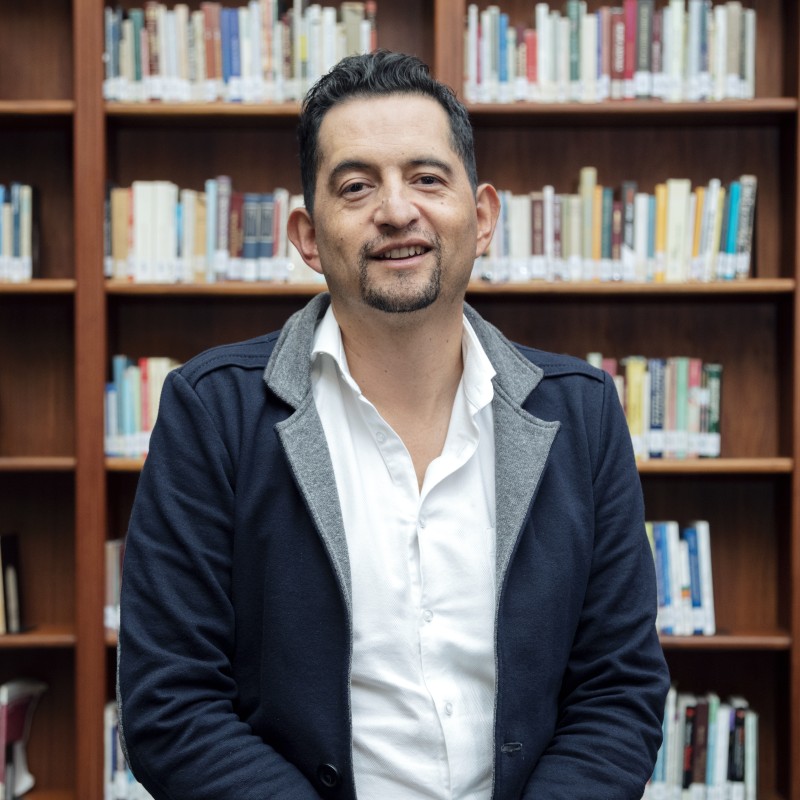Contents
In this course, we will discuss what it means to carry out research in the tropics—especially in the Americas—how to engage with researchers and institutions from the region, and good practices to avoid “helicopter” or “remote control” science while ensuring that our work generates greater impact and relevance.
We will also address aspects related to starting a scientific career in the tropics, whether from an international university or from an institution within the region itself. To achieve these objectives, we will follow an approach that combines preparatory readings of scientific articles, 30-minute lectures expanding on the topics from the papers, and 60-minute working sessions where participants will analyze the issues discussed in class and identify strategies for building equitable collaborations and/or pursuing a meaningful career in tropical research.
Didactic Aims:
- Understand what it means to conduct research and establish collaborations in tropical countries of the Global South/Neotropics.
- Identify approaches that help avoid helicopter science and foster equitable, long-term collaborations with institutions and researchers in these regions.
- Develop intercultural and professional skills to effectively engage with researchers and institutions in tropical countries.
- Acquire tools and strategies to build successful academic and research careers connected to the tropics, whether working from within the region or in collaboration from abroad.
Prior knowledge not needed, just the interest about the topic.
Lecturers
Gonzalo Rivas Torres
Dr. Gonzalo Rivas Torres is an Ecuadorian ecologist with extensive research experience in the Amazon and in the Galápagos Islands. He is an Associate Professor at Universidad San Francisco de Quito (USFQ), where he also serves as Director of the Tiputini Biodiversity Station, located in the heart of the Yasuní Biosphere Reserve. He is currently on sabbatical at iDiv and Leipzig University. His work spans plant ecology, invasion ecology, and biodiversity monitoring, with a strong focus on understanding ecosystem dynamics through field-based and remote sensing approaches. He also has extensive experience fostering meaningful collaborations and building strong research networks with hundreds of leading scientists worldwide. His Google Scholar profile is available here, and his institutional profile at USFQ can be found here.
Selene Escobar Ramírez
Dr. Selene Escobar Ramírez is a Colombian biologist with a Ph.D. in Agroecology from the Georg-August-Universität Göttingen and a faculty member at Universidad San Francisco de Quito (USFQ), where she also teaches in the Ph.D. program in Ecology and Global Solutions. She is currently a researcher at the Galápagos Science Center and a sabbatical fellow at iDiv, working with the Biodiversity Synthesis Group. Her research focuses on insect ecology, agroecology, and the ecological processes that shape sustainable agriculture and biodiversity conservation in tropical systems of the Global South, particularly in South America, including coffee landscapes and agricultural and protected areas in the Galápagos.

